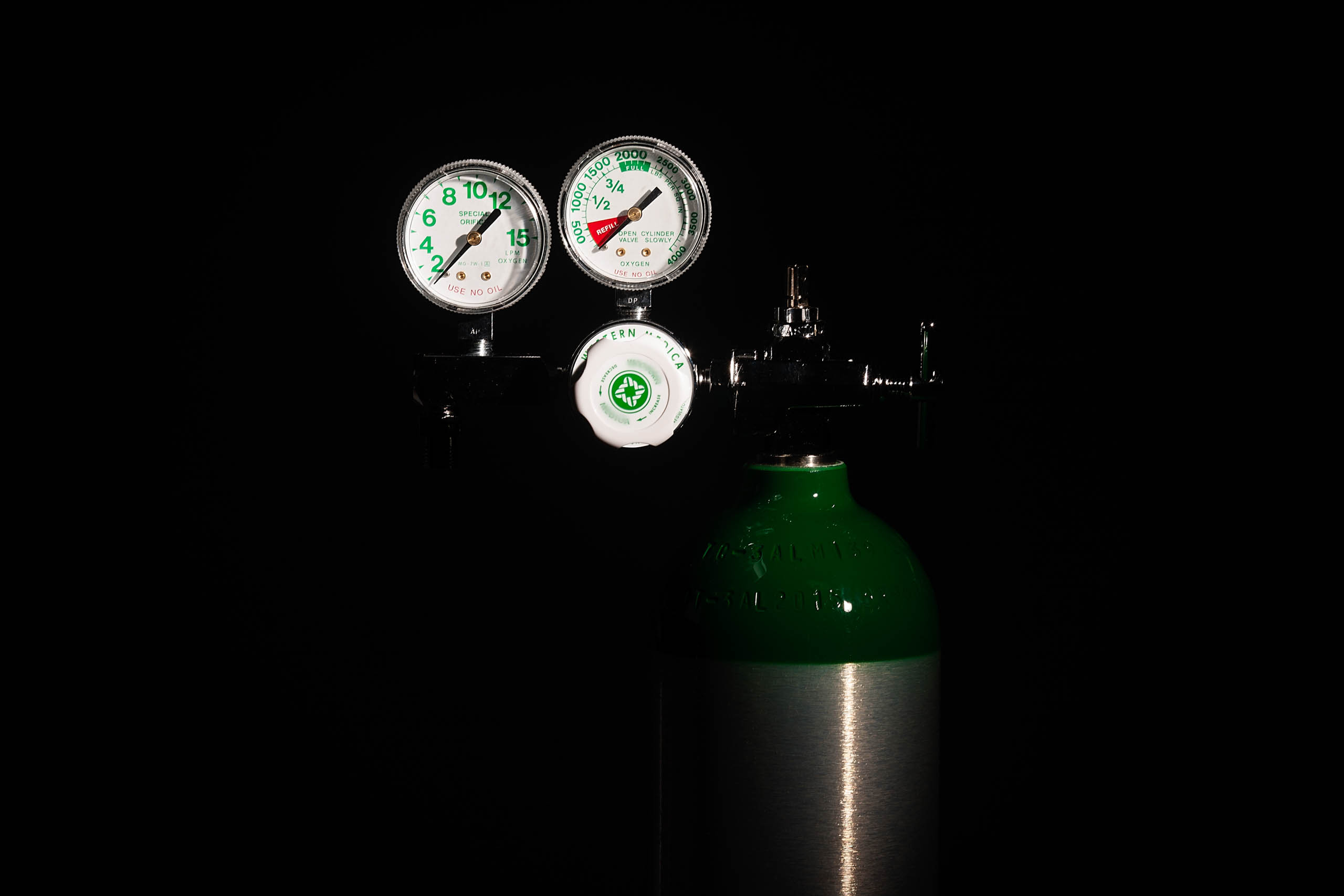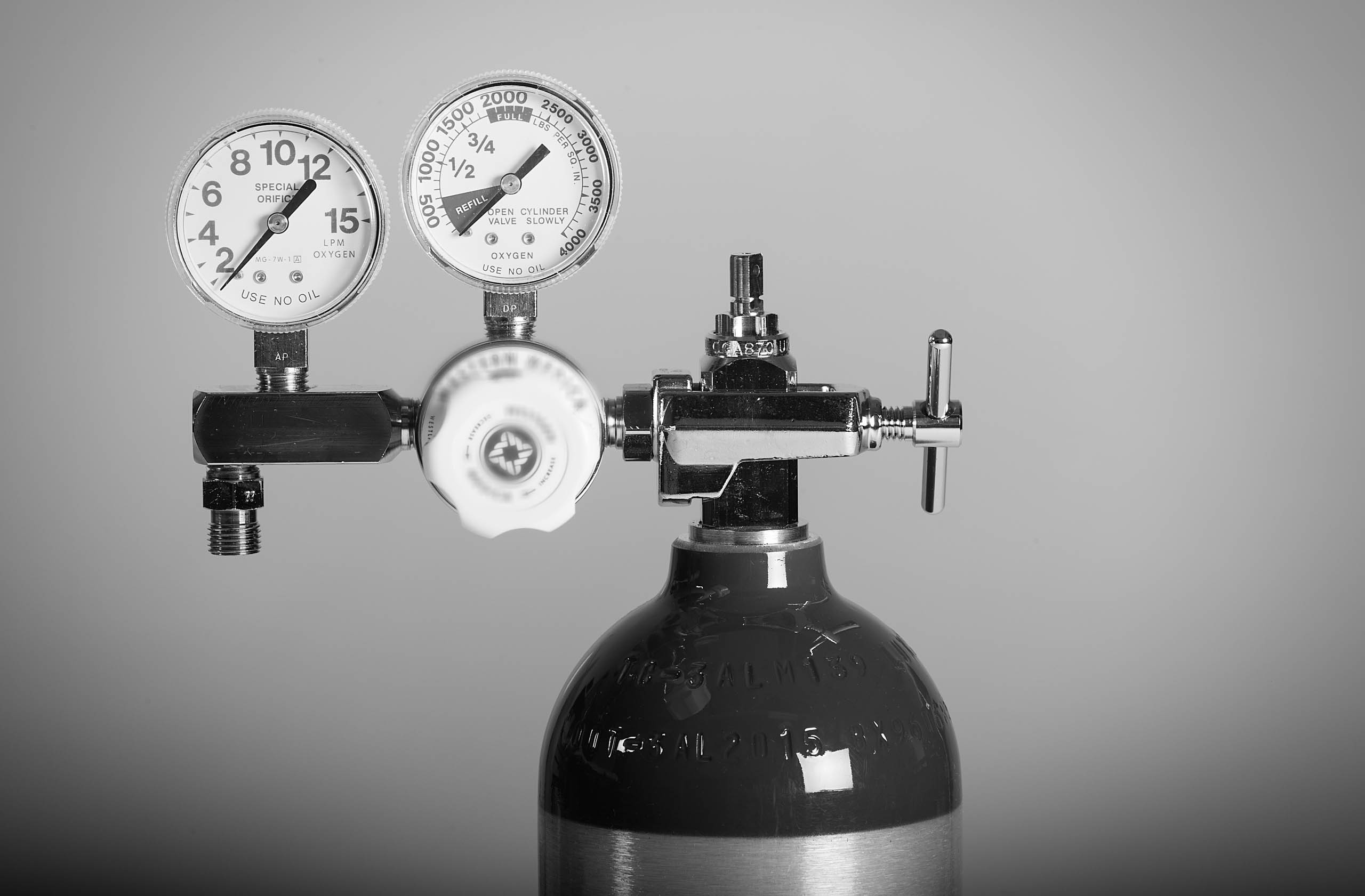
Nurses have provided anesthesia care in the United States for over a century. As professionals vital to anesthesia administration, Certified Registered Nurse Anesthetists (CRNAs) provide anesthesia to patients in every practice setting and play a role in every type of surgery or procedure. CRNAs provide a cost-effective solution to decreasinghealthcare costs without compromising quality.
In a study of 500,000 individual cases conducted by RTI International, it was shown that CRNAs do not compromise the quality of healthcare services and there are no differences in patient outcomes. The requirements of becoming a CRNA are stringent. One needs a bachelor’s degree, Registered Nurse licensure in the United States, a minimum of one year of critical care experience, a master’s degree from a nurse anesthesia educational program, and to have passed the National Certification Examination. Additionally, CRNAs require recertification with 100 continuing education credits per 4-year cycle.
For areas that have few anesthesiologists, such as rural America, the primary providers of anesthesia are CRNAs. CRNAs, who have the knowledge and capacity to administer anesthesia safely, have enabled healthcare facilities in medically underserved areas to offer a wide range of treatments for their patients. Since 2001, 17 states have opted out in the Centers for Medicare & Medicaid Services’ supervision rule, allowing Nurse Anesthetists to act as the sole providers of anesthesia. Whether it is obstetrical, surgical, or ambulatory anesthesia management services, CRNAs have been the main providers of anesthesia for much of the country along with being the main providers of anesthesia for the men and women serving in the United States Armed Forces. In settings where physician supervision is required, CRNAs work as healthcare providers that constantly monitor patients while anesthesiologists supervise two to four CRNAs and patients.
The Affordable Care Act, which is estimated to have provided an additional 20 million people with healthcare coverage in the United States, covers CRNA services within their scope of practice. The vast majority of managed care plans also recognize that CRNAs provide high-quality healthcare with reduced expenses for patients and insurance companies. Many see the cost-efficiency of CRNAs as a way to help control rising healthcare costs. As healthcare insurance coverage becomes more widespread, healthcare providers in the United States will need to prepare to handle the influx of new patients. With the estimated increase of 30 million new patients in the future, CRNAs can offer a solution to offering quality service in a cost-effective way.

